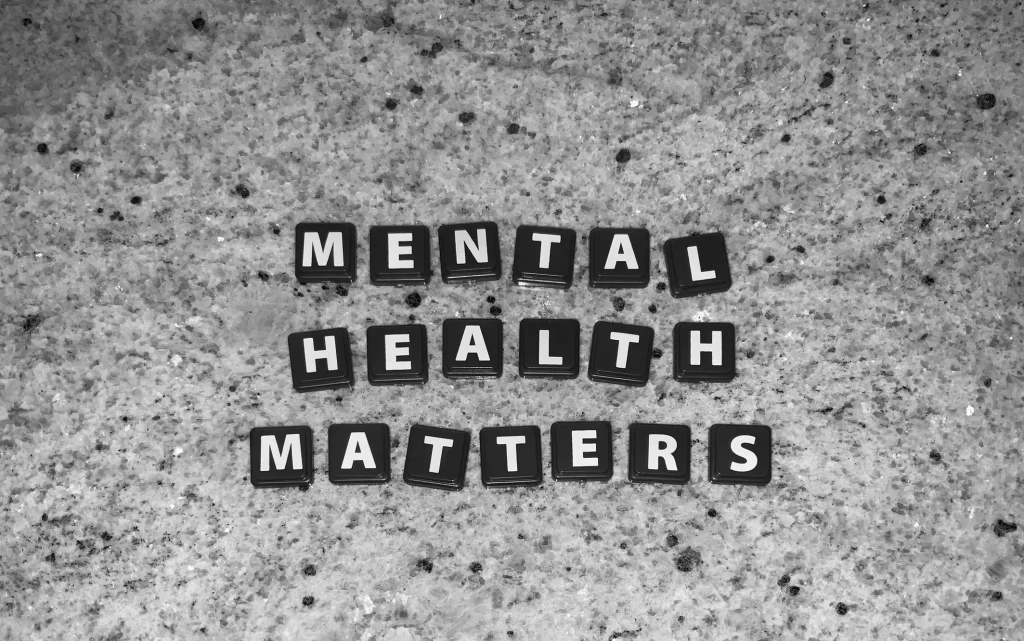Explainer: Mental health and how it has progressed over the ages
The Beaney Museum in Canterbury has opened a new exhibition which gives visitors the chance to look at mental health through art.
The exhibition, which runs until June 5, gives an insight into how mental health has progressed through the years.
To coincide with the exhibition, the Canterbury Hub reports on what mental health is and how it has changed over time.
What is mental health?
Mental health is emotional, psychological and social well-being and how it affects your thinking, and how you act and feel.
It can be debilitating in certain situations, for instance if someone suffers from anxiety and they meet new people for the first time in an unknown environment.
Why is mental health so important?
Mental health is important because it affects how we think, feel and act.
It also determines how we talk, act and present ourselves to other and how we handles externals factors like stress and making choices.
Until recently, mental health was a topic that was heavily stigmatised but as society has been locked away for 18 months, people have realised that mental health matters more.
What are the most common mental health illnesses?
The most common conditions are: depression, anxiety, Obsessive Compulsive Disorder (OCD), Bipolar, Schizophrenia, Autism, Attention Deficit Hyperactivity Disorder (ADHD), Eating disorders – commonly anorexia, Post-traumatic Stress Disorder (PTSD) and substance abuse.
Now that common mental health illnesses are mentioned, how mental health dealt with in the past?
There have been many changes to what conditions were like seventy years ago, such as the closure of asylums, moving care into the community, the increasing use of talking therapies instead of medical.
The most radical change has been society’s attitude to the topic.
There is a basic understanding for those that don’t suffer with mental health issues that anxiety and depression – two of the most common mental health issues – exist and that they should support people and get them the treatment and therapy that they need.
Dr Nick Venters wrote on the subject, he said: “Digitally, I think the most important innovation in mental health has been shared records and the drive to connect up different clinical systems. I have seen this develop over the last ten years and it has helped bring mental health into the mainstream.”
Features image credit: Marcel Strauss Unsplash
